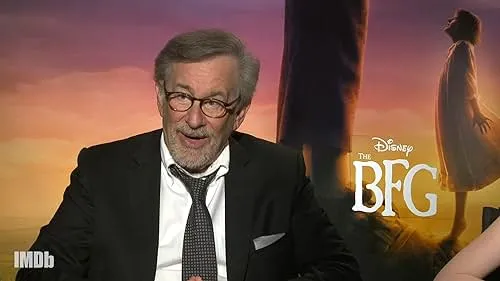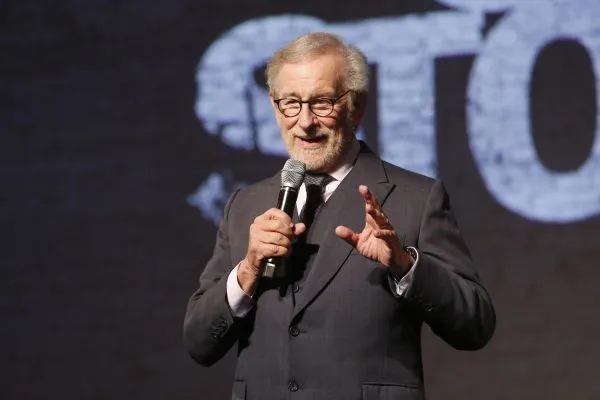Steven Spielberg’s commitment to truth and artistic vision is a testament to the enduring power of his legacy. His film Schindler’s List, a powerful and emotionally charged portrayal of the Holocaust, is a prime example of his dedication to exploring the darkest corners of human history. As a Jew himself, Spielberg faced personal and professional challenges during the production of the film, with studio executives initially resisting his vision for a black and white film without Hollywood-style catharsis.
Despite these obstacles, Spielberg remained steadfast in his commitment to his artistic vision, refusing to compromise on his intention to shoot the film in black and white. The film’s production was a grueling and physically exhausting experience, with Spielberg often leaving himself drained from the intense and traumatic subject matter. The emotional toll of the experience was even more draining, as he had to re-shoot scenes depicting the atrocities of the concentration camps, knowing that his family had to endure similar suffering.
To cope with the darkness of the subject matter, Spielberg turned to his friend and co-worker Robin Williams, who would schedule phone calls with him at night, performing stand-up comedy that left Spielberg in hysterics. Williams’ comedic relief was a much-needed respite from the intense emotional turmoil of the film’s production. Schindler’s List was a testament to Spielberg’s perseverance and the contributions of his friend, Robin Williams.

Steven Spielberg (Via IMDB)
The film remains a poignant reminder of the unconscionable atrocities humanity can inflict and the impact one individual can have, no matter how small or large. With Schindler’s List, Spielberg shines a light on the darkest corners of human history, challenging audiences to confront the horrors of the past and learn from them. As a legacy of his commitment to truth, Schindler’s List continues to resonate with audiences today, serving as a powerful reminder of the importance of confronting and learning from our darkest history.
Throughout his career, Spielberg has been criticized for his handling of sensitive subjects and his willingness to take risks as a filmmaker. However, Schindler’s List is a prime example of his ability to tackle difficult subjects with sensitivity and respect. By exploring the darkest corners of human history, Spielberg sheds light on the atrocities of the Holocaust, and in doing so, he challenges audiences to confront the horrors of the past and learn from them.
In the end, Schindler’s List is a testament to Spielberg’s commitment to truth and his ability to persevere in the face of adversity. The film is a powerful reminder of the importance of learning from our darkest history, and it continues to resonate with audiences today.
























